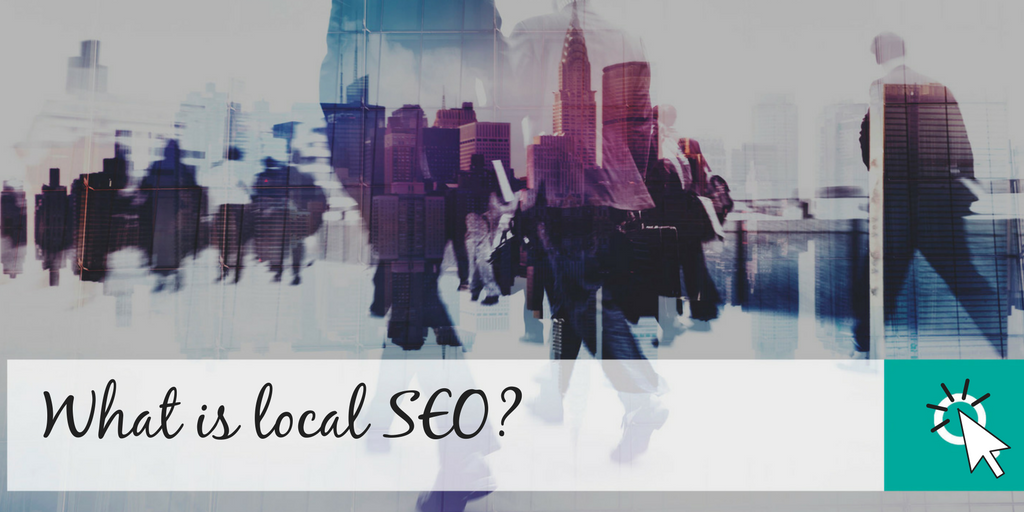It’s no secret that everything exists online now. Your business, big or small, needs to have a strong online presence to thrive in today’s economy. Not being listed online is the equivalent to being invisible.
With that said, it’s important to optimize your local SEO listing. You’ve been told you need it, but what IS local SEO and why do you need it?
What is Local SEO?
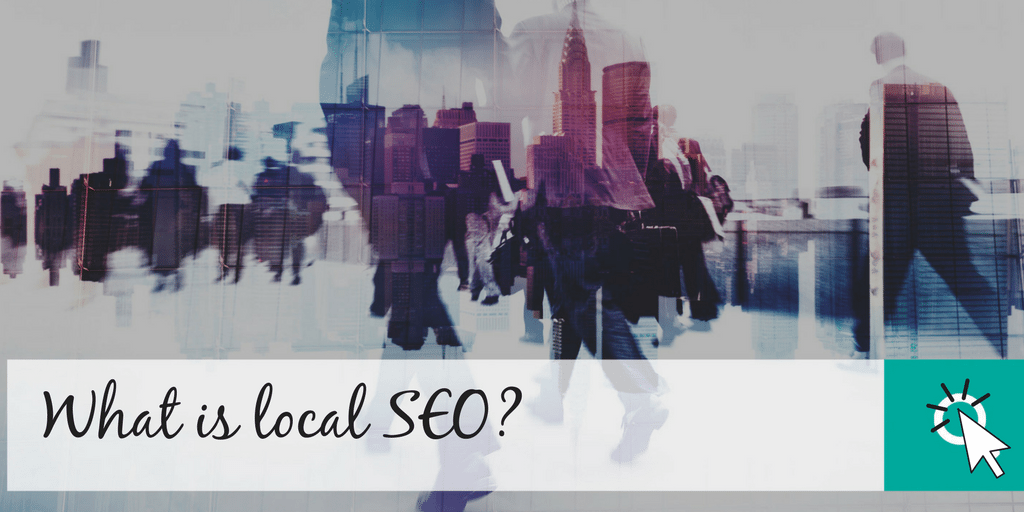
Local SEO is focused on providing results that are relevant to a unique search based on the current location of the user. At any given time, people in your area are searching for goods or services online. For example, if someone searches “hair salon for kids” or “outdoor furniture store”, they will get a list of relevant results based on locations in their area.
My Target Audience Isn’t Online
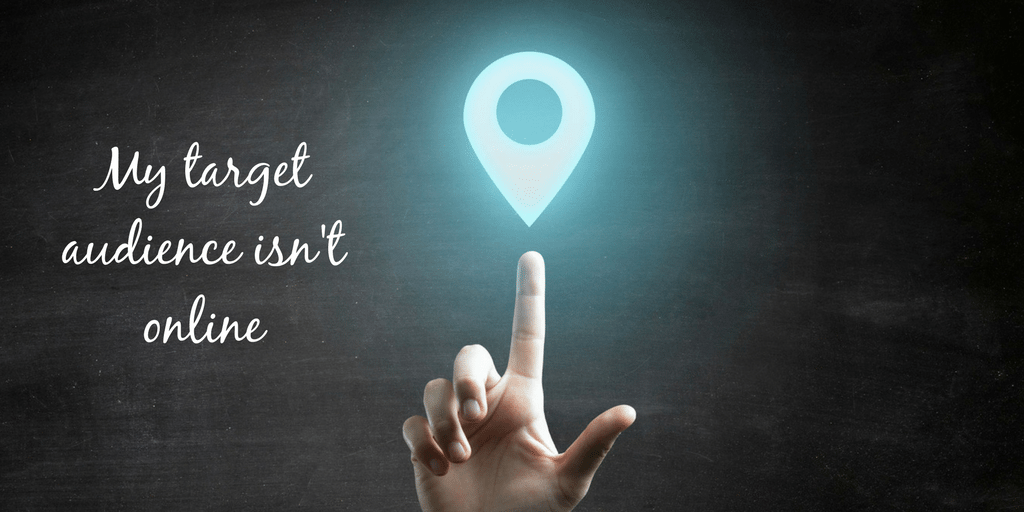
This is something that I used to hear a lot. Searching for a business was quite different before the digital revolution. Newspapers, word-of-mouth, paper listings, and other outbound marketing efforts were the main (and only) methods of advertising and listing your business. As demand increased, advertising costs became unattainable for smaller businesses, and ROI was becoming harder to prove.
Google processes an average of 40,000 search queries every second, which translates to over 3.5 billion searches per day and 1.2 trillion searches per year worldwide.
In short, if you have a target audience, they are online.
Okay, Where Do I Start?
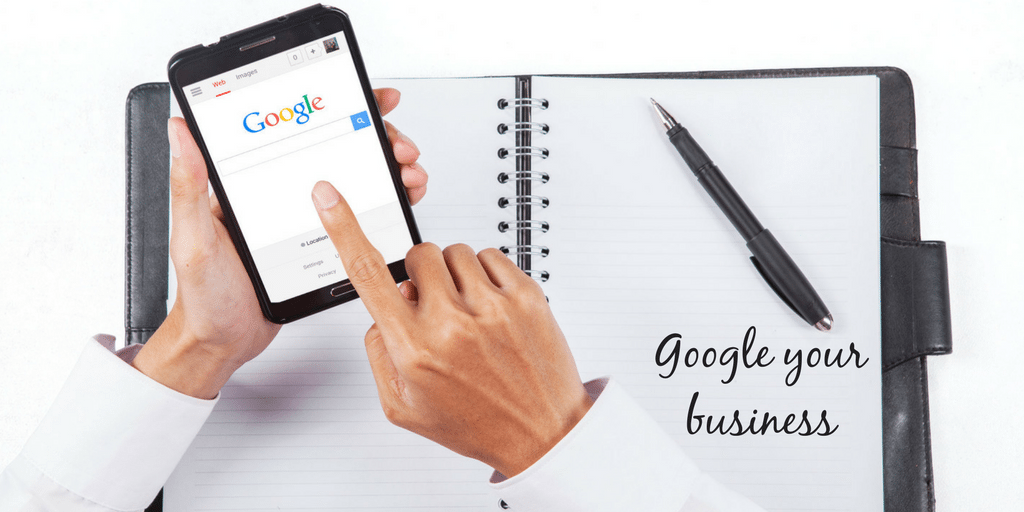
My advice is to start by Googling your business. Many of my clients have been surprised by the results. Most of them say things like “That hasn’t been our phone number for years”, “That’s a terrible photo of our business, how did it get there?”, and “Yikes, how long has that bad review been there?”
Your prospects can tell if you have neglected your listing. An incorrect or outdated listing seems lazy to your potential clients, and they are given the impression that you are either out of business or that you don’t care about their needs – both are detrimental to your online (and offline) reputation.
Claim Your Google My Business Page
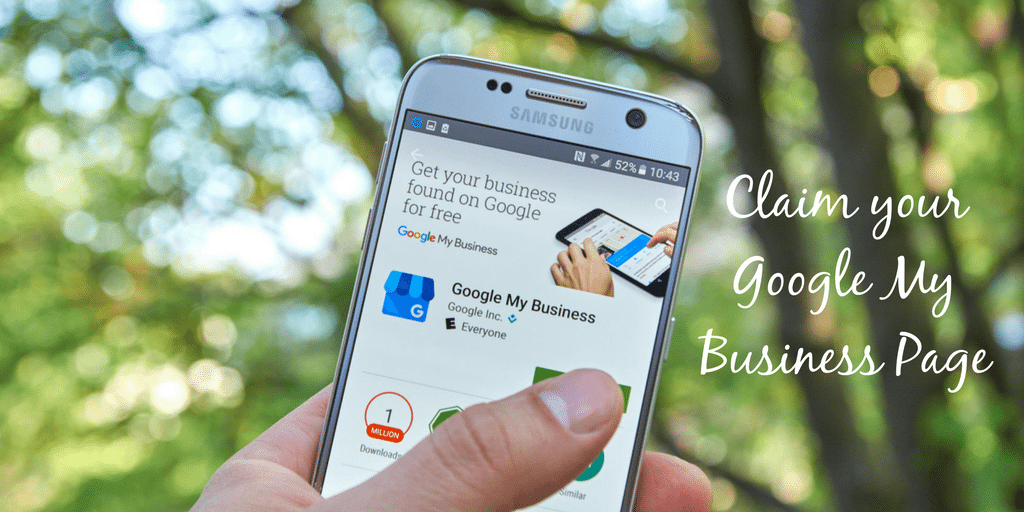
Claim your Google My Business page if you haven’t already. When you claim your listing, you are taking sole ownership and control over the information that exists online pertaining to your business. You will then be able to edit your listing information, photos, and be able to respond to reviews.
Ask For Reviews & Maintain Them

If you haven’t been able to tell already, the more positive Google reviews you have, the higher you will rank. If you do a Google search for a good or service, you will notice that companies with a sizeable amount of Google reviews are ranked higher.
Train your team to find prime opportunities to gather a testimonial from a client. Not only will your client feel empowered, but potential clients will appreciate the endorsement to help them make a decision.
The last thing you want is for an old, glaring review to be the first thing your prospect sees in a Google search – especially a review you haven’t taken the time to address it.
Unless you can prove that a review is spam or it contains inappropriate/violent content, Google will not remove the review for you. However, you can combat it by building a bigger bank of good reviews and responding to the complaint appropriately.
One Small Piece of the Pie

Local SEO is a small (but significant) piece of a much bigger process. Once your potential clients find you, they will want more information before making a decision. Your website and social channels are your islands of information, so they should also be SEO optimized. Bringing all three elements together will help you become a powerhouse of information and services.

